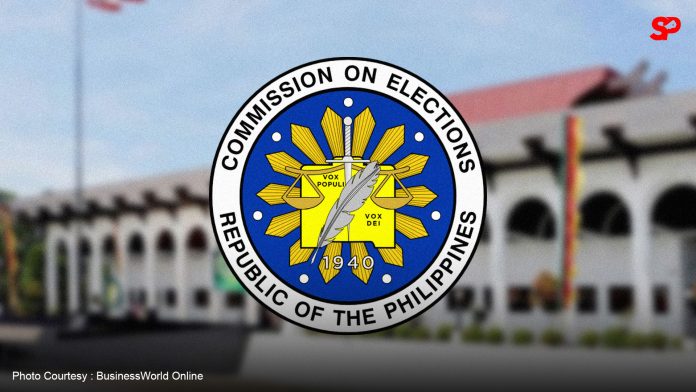MANILA – The House of Representatives on Tuesday approved on the third and final reading a measure postponing the first parliamentary elections in the Bangsamoro Autonomous Region in Muslim Mindanao (BARMM) to May 2026.
Voting 198-4 with no abstentions, the chamber approved House Bill (HB) 11144, which proposes to move the BARMM elections from the original schedule of May 2025 to the second Monday of May 2026.
Lanao del Sur Rep. Zia Alonto Adiong, the bill’s main proponent, cited multiple reasons for the postponement, including the exclusion of Sulu from the BARMM, an unresolved petition questioning the constitutionality of the Bangsamoro electoral code of 2023, and a request from the Commission on Elections (Comelec) for additional time to prepare for the polls.
“Nagre-request din po ang Comelec ng (Comelec has requested for) additional time to adequately prepare for the parliamentary election given the unique, complex and novel nature of the Bangsamoro electoral code,” Adiong said.
The measure aims to address emerging legal issues, ensure broader political participation, and give stakeholders a better grasp of the electoral process, Adiong said.
Aside from proposing that the BARMM elections be rescheduled, HB 11144 would also render the term of the present duly constituted Bangsamoro Transition Authority (BTA) deemed expired upon the bill’s enactment.
To ensure the continuity of BARMM operations, the President would be authorized to appoint 80 interim members to serve in the BTA until their elected successors assume office in 2026.
Adiong, during the plenary debates, said holding the postponed elections manually would cost the Comelec PH852 million, while an automated process would cost PHP1.771 billion.
Speaker Martin Romualdez, also author of the bill, said the proposed postponement is in line with the formal request from the BTA, which cited the need for additional time to complete critical tasks required for a fully functioning, democratically elected BARMM government.
These include passing crucial laws, building institutions, and creating systems needed to support the BARMM’s transition toward self-governance.
“This postponement is not a delay in progress but rather a necessary step to ensure that the foundations we are building for BARMM are solid and capable of supporting a sustainable autonomous government,” Romualdez said.
In October, the BTA passed Resolution 641, calling for an extension of its mandate until 2028.
Romualdez said this additional time would allow the BTA to address key governance, electoral, and administrative issues.
“This legislation responds to the unique context of the Bangsamoro, allowing the region to uphold its autonomy while also adhering to the highest standards of governance within the Philippines,” he said.
The BTA voiced concerns that holding elections as planned in 2025, without addressing these issues, could result in governance gaps, potentially destabilizing the region’s fledgling autonomous government.
The proposed delay comes amid the added complexities following a recent Supreme Court decision declaring Sulu’s inclusion in the BARMM unconstitutional, necessitating adjustments in the allocation of parliamentary seats in the BARMM Parliament.
The Bangsamoro Organic Law (BOL), which governs the BARMM structure, requires a balanced representation of political parties, districts, and sectoral groups, a process now complicated by Sulu’s exclusion.
Basilan Rep. Mujiv Hataman, in explaining his vote against the postponement, stressed the need for broad public consultation.
Hataman argued that the region’s population was not widely consulted and warned of the broader implications of desynchronizing BARMM elections from national polls.
“Kung hindi ito matutuloy, made-desynchronize ang BARMM elections at ang pambansang halalan. At kung mangyari iyon, babalik ang pyudal na sistema kung saan kayang diktahan ng mga nasa Maynila ang takbo ng halalan sa Bangsamoro (If this does not proceed, the BARMM elections and the national elections will desynchronize. And if it does happen, we will return to a feudal system where those in Manila can dictate the electoral outcome in the Bangsamoro),” Hataman said. (PNA)

